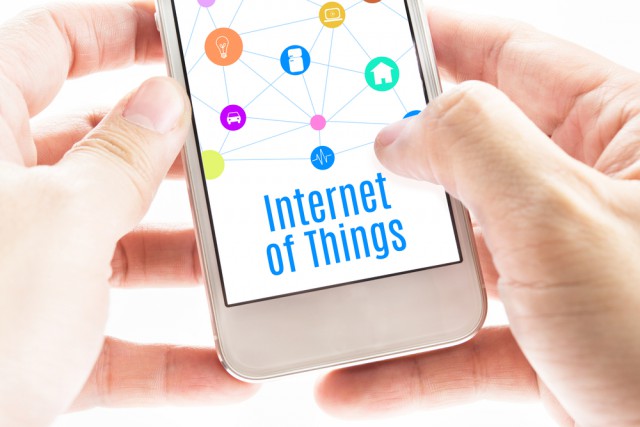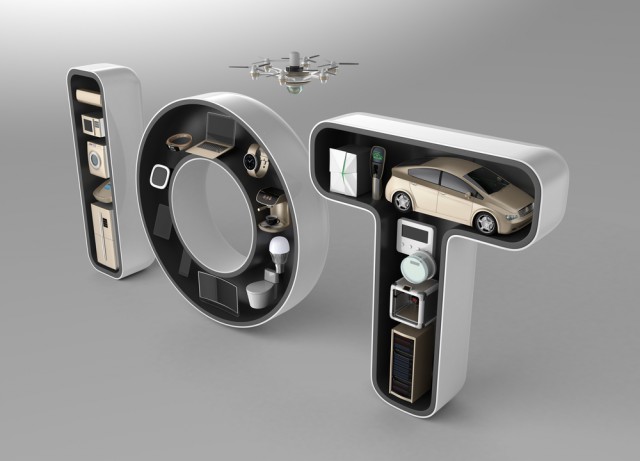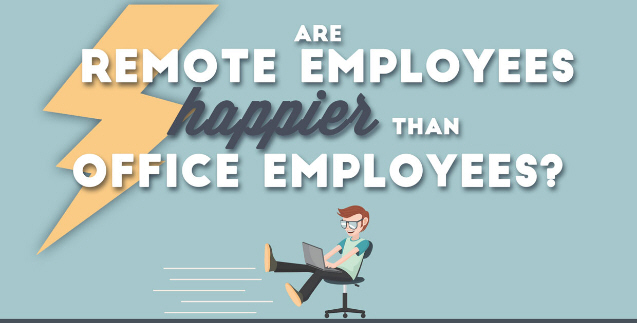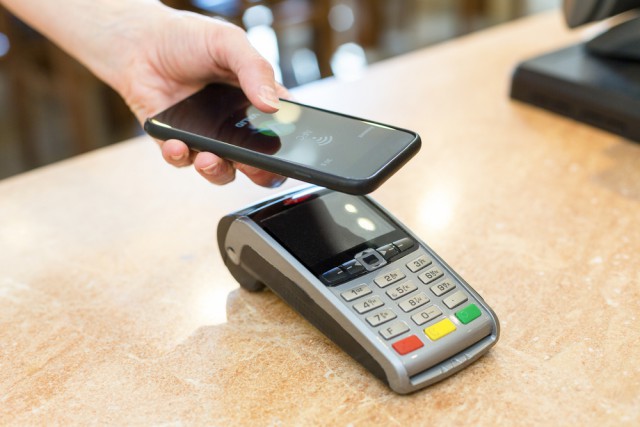
Finding your inner superhuman -- 2017 and beyond according to Samsung
2017 will be the year in which technology transforms our everyday lives and the way we communicate with others, according to electronics giant Samsung.
Among the company's predictions is machines set to become smart coaches based on what they understand from our behaviour. As our lives continue to be tracked or quantified by technology, smart machines will coach us based on the data they collect, suggesting things like changes to our diet based on our daily energy levels.

Internet of Things risks and what to do about them
In the past year we’ve already seen the Internet of Things used to carry out cyber attacks, and many experts are predicting that this is a problem that will grow in coming months.
Given that many people may have acquired new IoT devices over the holiday period, financial advice website RefiGuide has put together a timely infographic looking at the risks IoT devices can pose and what you can do to protect yourself.

Changing infrastructure and new job roles among 2017 Internet of Things predictions
Continuing our series of expert predictions for the coming year, today we turn our attention to the Internet of Things which has begun to take off in a serious way in 2016.
Although the IoT may already be pretty big it's set to get much, much bigger. Figures earlier this year from Machina Research predict the number of IoT connections will grow from 6 billion in 2015 to 27 billion in 2025. So what opportunities and challenges is this going to present to businesses?

What's real about Fake News
I’m here nominally to address the problem of what’s being called Fake News. At its core this is as labeled -- news that is fake; news that isn’t news; deceptive content intended not to inform or convince but to manipulate and make trouble. It’s a huge problem, we’re told, that will require new algorithms and tons of cloud to fix. But I’m not so sure. You see the key to keeping fake news out is to put real news in.
The recent Fake News tempest has got me thinking about what I do and don’t do right here in this simplest of all corners of the Internet. I’m just one man and a keyboard. For 19 years I’ve been pumping out this stuff generally by myself and for the most part without the support of advertising revenue, either. Did you ever wonder how I make my living? It’s not from that PayPal Donate button, which brings in about $200 per year.

Are remote workers happier?
Thanks to technology, remote working is easier and more popular, with both workers and employers, than ever before. But does being able to work remotely lead to a happier workforce?
Time management specialist Time Doctor has produced an infographic based on research by employee engagement company TINYpulse into remote working habits.

Welcome to the Post-Decision Age
There are more things to talk about than Donald Trump, though I doubt that Donnie agrees with me. But we have to get on with our lives which, at least in my case, means getting on with my reading. Where does all the crap I write here come from but reading, talking to people, and waiting in line at Starbucks? Nowhere else! And if you want to be like me you may choose to read a new book by Michael Lewis, The Undoing Project: A Friendship That Changed Our Minds. Of course the book is very good and it’s very well-written and it will tell you a lot about how decisions are actually made. But if we are looking forward instead of backward here, the book and its content don’t really matter that much because we don’t decide nearly as much as we think we do. We don’t decide as much as we used to. In fact I’m about to argue that we’re well into the Post-Decision Age. It’s pretty much out of our hands.
Lewis’s book explains. He’s not breaking new ground but rather rediscovering old ground and explaining why it matters. In this case his earlier book Moneyball explained how the Oakland Athletics baseball team used statistics to win baseball games while this new book essentially takes the other side and explains why most of us (including many baseball managers) are not like the Oakland A’s.

56 percent of Brits want to move to the Moon
Whether it's a result of Brexit or they're simply sick of the weather, a new survey reveals that 56 percent of British people would like to move to the Moon. If money were no object 19 percent also say they would buy a holiday home on Mars.
Product development company Arconic surveyed 1,000 people in the UK to find out how they thought technology would develop over the next 50 years.

How seasonal tech gifts could be risking your data
In the run up to the holiday season many of us will be buying internet connected devices. But new research from Intel Security shows that technology bargains and gifts could be putting consumers' data at risk.
The survey among UK consumers shows smartphones and tablets come top of many seasonal shopping lists, with 42 percent planning to upgrade gadgets to the latest models. Yet 60 percent say they have no plans to ensure security software is installed.

Almost 40 percent of Americans would give up sex for cyber security
According to an online survey of over 2,000 adults, 39 percent of Americans would sacrifice sex for one year if it meant they never had to worry about being hacked, having their identity stolen, or their accounts breached.
Women are more likely than men to be willing sacrifice a year of sex in exchange for online peace of mind (44 percent vs 34 percent), and sex isn't the only thing people would give up to remove cybersecurity headaches. Four in 10 (41 percent) would rather give up their favorite food for a month than go through the password reset process for all their online accounts.

How social media bubbles are driving political anger
How could Donald Trump be elected president? Judging by Facebook and Twitter a lot of people are asking that question this week. The same thing happened in the UK back in June when many people struggled to understand how the country could have voted for Brexit.
When everyone you're friends with online reinforces your world view it's easy to convince yourself that most of the world thinks as you do. It comes as a bit of an awakening therefore to discover it isn't the case and that -- shock! -- there may be people who vote that aren't even on social media at all.

The common causes of IT stress and how to deal with them
Anyone who works in IT knows that there are times when it can be an extremely stressful occupation. Especially when you’re expected to drop what you’re doing and fix a problem.
Meeting technology specialist Highfive has put together an infographic looking at some of the most common causes of stress and how they can be managed.

You can use your phone, just shut up about the election!
Smartphone use at family dinners used to be something of a frowned on activity. But a new survey reveals that people are becoming more tech tolerant.
The study from connected experience agency Sequence shows that while 35 percent of those surveyed say smartphone use at the holiday table creates tension, far more (65 percent) are bothered by discussing politics.

How incentives are key to driving mobile wallet use
Mobile wallets are gaining in popularity, according to a new survey by loyalty platform Points almost 64 percent of consumers say they've used a mobile wallet in the past year.
However, some consumers are still reluctant to make mobile payments for a variety of reasons. 47 percent are concerned about security and privacy, 45 percent say that credit and debit cards and/or cash are enough, and 20 percent say it’s too complicated.
New camera technology makes video conferencing a snap
With increasingly distributed workforces, video conferencing is more than ever an essential business tool. But in conference rooms the size and shape of the space can make it difficult for conventional cameras to include everyone.
Video conferencing technology company Lifesize is launching a new camera with a smart-framing sensor that intelligently adjusts its wide-angle lens to automatically capture and include everyone in the meeting.

Shopping apps targeting women generate better profits
Marketers must target women if they are looking to succeed and make profits in the mobile sector, according to a new report.
The Mobile App Engagement Index from performance based marketing platform Liftoff analyzed 7.3 million app installs across five sectors to unearth key app trends from the first half of this year. It finds that female customers are not only more likely to make a purchase in both mobile e-commerce and gaming apps, they are also less expensive to acquire compared to their male counterparts.
